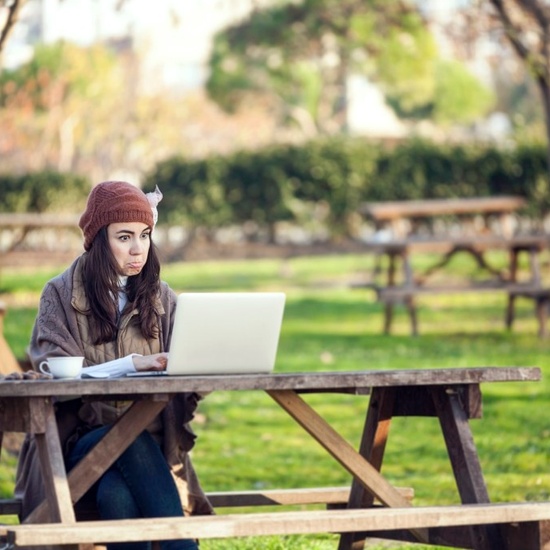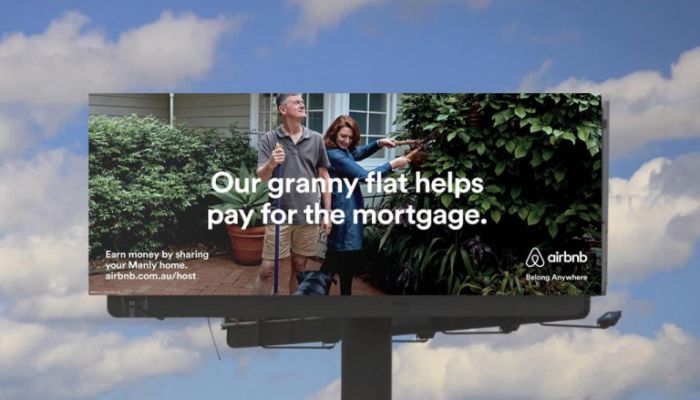
So I Started A Site For Shared Office Space
Wednesday, 31st May 2017 | Press
I know what the world needs!
A site for shared office space, where regular businesses can share their spare desks and offices with other businesses. Well, I would say that – I started one. Here’s my story…
It started over dinner with my wife, as Sarah and I chatted about our day, we realised that the number of social interactions each of us had throughout the day was very different. I worked in a busy office and Sarah was freelancing from home. The two workplaces couldn’t have been more different, and while Sarah enjoyed being able to focus on her work and make calls without feeling she was distracting others, she did miss being around other people through the work day.
There and then we decided to try something. We knew our friend had a spare desk in his office which was just a short walk from our house, so one phone call later and the two of them lived (well worked) happily ever after. No long commute and no long term lease, just paying by the month.
That connection alone didn’t lead straight away to starting Rubberdesk, there are a lot of places where freelancers can go to work and not feel isolated, and dedicated coworking spaces have been popping up everywhere, in fact there are an estimated 14,000 coworking spaces in operation currently.
It took a second spark for me to start Rubberdesk (I’m a slow learner). There was an Airbnb advert:
Our granny flat helps pay the mortgage.
This was the catalyst to seeing that there’s a market place for sharing office space. Airbnb had done the heavily lifting to convince the world that sharing something you hadn’t thought of as sharable – could make you money, and even pay for a holiday or an extension.

Small business owners just like home owners, have under utilised assets in the form of real estate. Renting out spare desk space by the month is just as meaningful for businesses as it is for homeowners, not just to pay for holidays, but paying the rent, funding new hires or increasing marketing spend. And while in some parts of the country, vacancy rates are near all time lows, additional office inventory can help ease the shortage of supply.
Just like my wife and other freelancers, our friend with a spare desk in his office was like thousands of other businesses with spare desk and office space, and the value of renting them out by the week or month is meaningful.
The average monthly rate for a desk varies, but the revenue opportunity for businesses to host is substantial, and can reduce office running costs or fund growth. However, the benefits often go beyond the purely financial value of the desks and chairs. When businesses cohabit a space for an extended period, they get to know each other, learn from each other and even collaborate on projects. Offices can become ecosystems.
So I decided I had to build a marketplace for businesses to share office space. I’d been working in financial markets for the previous twenty years, and new a thing or two about technology and markets, but this was a whole new adventure – and one that little could prepare me for.
Along with an old colleague Michael, we put a site together with the vision of “making it easy for business owners to share spare desks”. We’d intended to build just the minimum viable product, but perhaps went way beyond that and built what was a very robust technical architecture with full payment processing as well as lots of other features, and outside of Airbnb, the first of its kind.
And so began the slog, because, despite what they tell you in Field of Dreams, if you build it, they won’t come!
The first problem we found building a marketplace like Airbnb, is that to satisfy demand by Guests, we needed to provide supply from Hosts. Daniel Petre from Airtree had some great advice on this:
Stay focused on your niche, and create density of supply.
Make it easy for Hosts to join you and remove any barriers for them.
We made it super easy for Hosts to list their space
We removed all Host costs, and provided insurance for sharing their space, long with help in dealing with landlords. We found early that the vast majority of landlords were happy – Hosts weren’t foregoing their obligations to pay rent, and they were sharing the office – not vacating it.
Our early adopters were terrific and we quickly got to our first 500 spaces by focusing on Sydney and Melbourne, just through old fashioned shoe leather and talking to our customers. In fact the we spoke to hundreds of businesses in the first few months and the response was terrific.
Focusing on Sydney and Melbourne was deliberate as they have the lowest vacancy rates for commercial real estate and the highest increase in number of coworking spaces popping up. We felt these indicators highlighted where the greatest supply and demand would be. Soon we we had over 3,500 spaces listed across the two cities with around $1m of monthly stock available for rent.
That in itself felt like a milestone, but the most rewarding part was that we’d started to find our secret sauce for adding new Hosts to the site and had hundreds of enquiries a month coming in.
Apart from cold calling and shoe leather, we’d done little in the way of digital marketing. The site had been purely functional with no blog, little in the way of explanation as to who we were, what we did or even who our audience was, but we were hearing first hand from our customers, and were able to break down the lessons to some core values for the site:
- Keep it hassle free;
- Remove barriers to make it easy;
- Handle payment processing;
- Make it secure and create a trusted environment;
- Make it about people; and
- Help create ecosystems for our community.
And that’s brought us to today – a year on from when we started Rubberdesk, and a far cry from when the shelves were bare and we’d just turned the system on.
Our focus remains on providing great customer service with our Concierge to help Guests find their ideal office space and engaging with Hosts to help them share their space and create value.
Got a Desk or Office to share?
